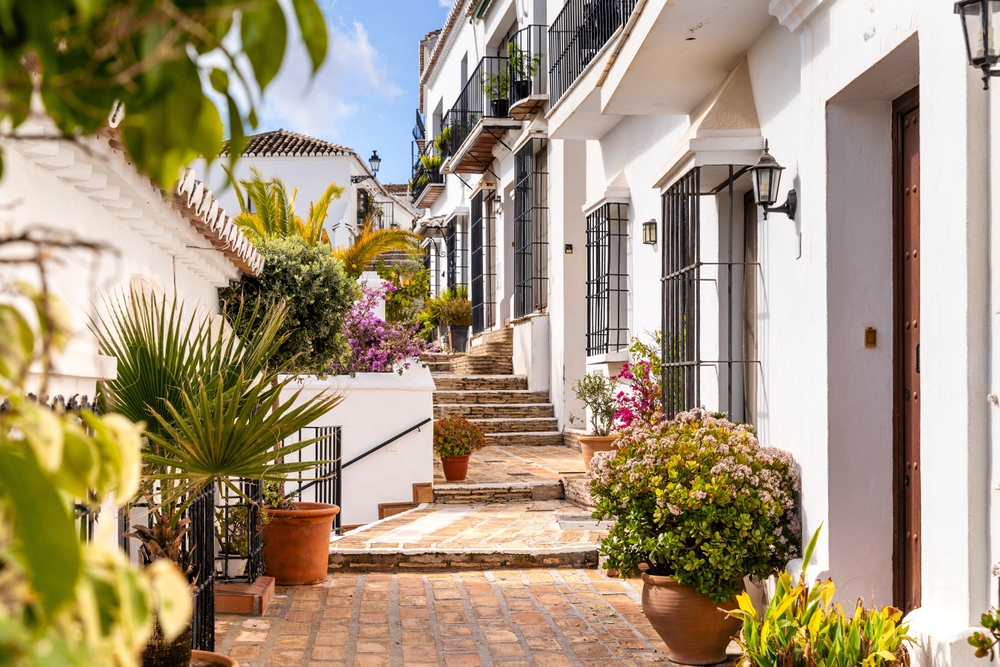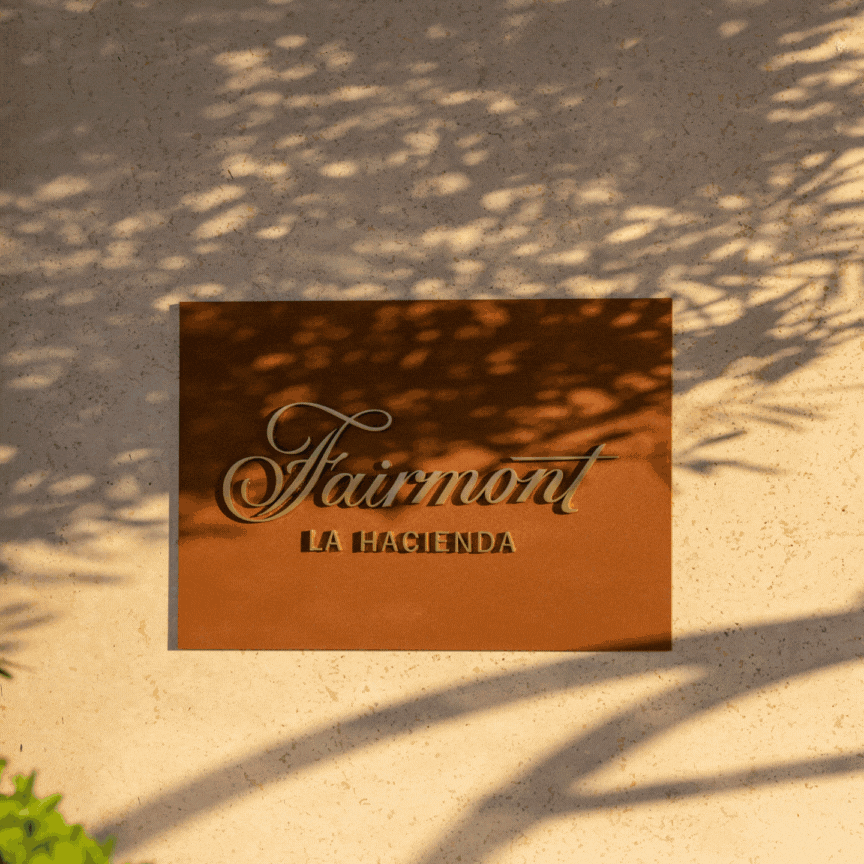Legal & tax considerations: Buying process for foreigners in Spain
While Spain’s thriving real estate market continues to attract foreign buyers looking for primary residences, holiday homes, or investment properties, many see navigating the process of buying property as a non-resident as somewhat daunting. With careful planning and understanding the process, however, it’s possible to ensure a smooth and transparent transaction.
- Obtaining an NIE (Número de Identificación de Extranjero)
One of the first steps for any foreign buyer in Spain is obtaining an NIE (Foreigner Identification Number). This number is required for all financial transactions, including property purchases, setting up utilities, and paying taxes. You can apply for an NIE in person at a Spanish consulate in your home country or at a local police station in Spain. Alternatively, a lawyer or gestor can do this for you.
- Hiring a lawyer or gestor
Although not mandatory, hiring an independent lawyer specialising in Spanish real estate law is highly recommended. Additionally, a gestor, who is an administrative consultant, can assist with bureaucratic procedures such as tax filings, residency applications, and legal paperwork. While they are not lawyers, they can help streamline the process and liaise with government offices on your behalf.
- Signing a Reservation Agreement
Once you find your ideal property, the next step is usually signing a reservation agreement. This agreement temporarily removes the property from the market while due diligence checks are conducted. A deposit of around €6,000 is typically required at this stage.
- Due diligence and Private Purchase Contract
Your lawyer will verify:
-
The property’s legal ownership and registration with the Land Registry.
-
Any outstanding debts or encumbrances on the property.
-
Compliance with local building regulations.
Following this, you will sign a private purchase contract (Contrato de Arras), which typically requires a deposit of around 30%. This contract binds both parties to the sale, with penalties for withdrawal.
- Completion at the notary
The final step is signing the official deed (Escritura de Compraventa) at a notary’s office. The remaining balance is paid, and ownership is officially transferred. The notary ensures all legal formalities are met, and the transaction is then registered with the Land Registry.
- Tax considerations for foreign buyers
Taxes paid at purchase
-
Taxes Paid at Purchase
-
Property Transfer Tax (ITP) – For resale properties, this varies by region but typically ranges from 6% to 10%.
-
VAT (IVA) & Stamp Duty (AJD) – For new-build properties, buyers pay 10% VAT plus an additional 1.2% to 1.5% in stamp duty.
-
Notary, Registry & Legal Fees – These typically add up to 1% to 2% of the purchase price.
Ongoing Taxes
-
IBI (Property Tax) – Paid annually, the amount depends on the local municipality and property value, typically between 0.4% and 1.1% of the cadastral value.
-
Non-Resident Income Tax (IRNR) – Non-EU residents pay 24% on rental income, while EU residents pay 19%. If the property is not rented, an imputed income tax is calculated at 1.1% to 2% of the cadastral value.
-
Wealth Tax (Impuesto sobre el Patrimonio) – Applied to non-residents on Spanish assets over €700,000, with regional variations.
-
- Financing Options for Foreign Buyers
panish banks offer mortgages to non-residents, typically financing up to 60–70% of the property’s value. Interest rates and requirements depend on the bank and the buyer’s financial profile. Mortgage-related costs include appraisal fees, arrangement fees, and notary expenses.
- Golden Visa Program (Ending April 2025)
Non-EU citizens investing at least €500,000 in Spanish real estate have been eligible to apply for a Golden Visa, granting residency rights. However, this programme is set to end in April 2025. Buyers looking to take advantage of this scheme should act quickly before the deadline.
- Inheritance and Capital Gains Tax
-
Inheritance Tax (Impuesto de Sucesiones y Donaciones) – Varies by region and relationship to the deceased, with some areas offering significant reductions for close relatives.
-
Capital Gains Tax – Applies when selling a property:
-
19% for EU/EEA residents
-
24% for non-EU residents
There are allowances for reinvestment in a primary residence.
-
Buying property in Spain as a foreigner involves multiple legal and tax considerations, but with the right guidance, it can be a relatively stress-free process. Working with reputable real estate agents, independent lawyers, and tax advisors will help you make informed decisions and protect your investment.
At One Eden, we are here to explain each step, ensuring a secure and transparent transaction. If you have any questions about purchasing a property in Spain, contact us today!




